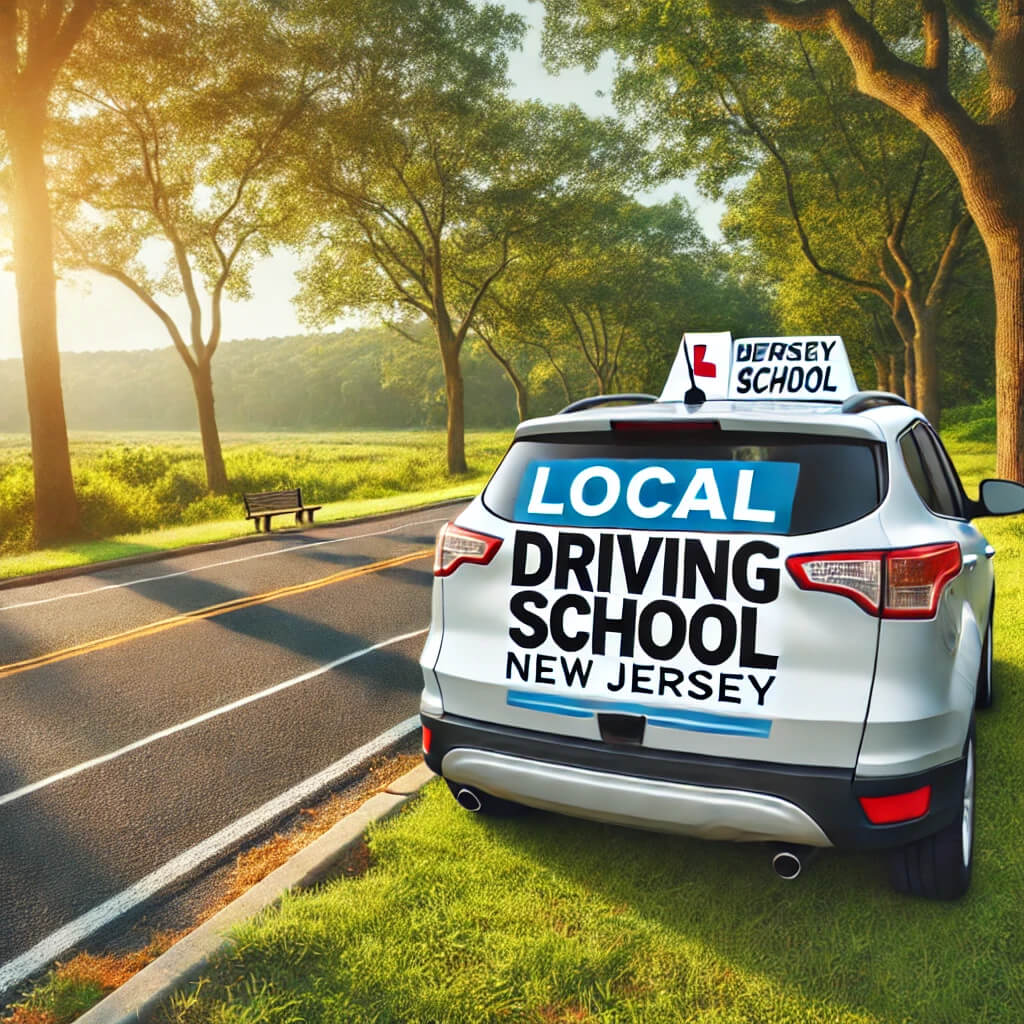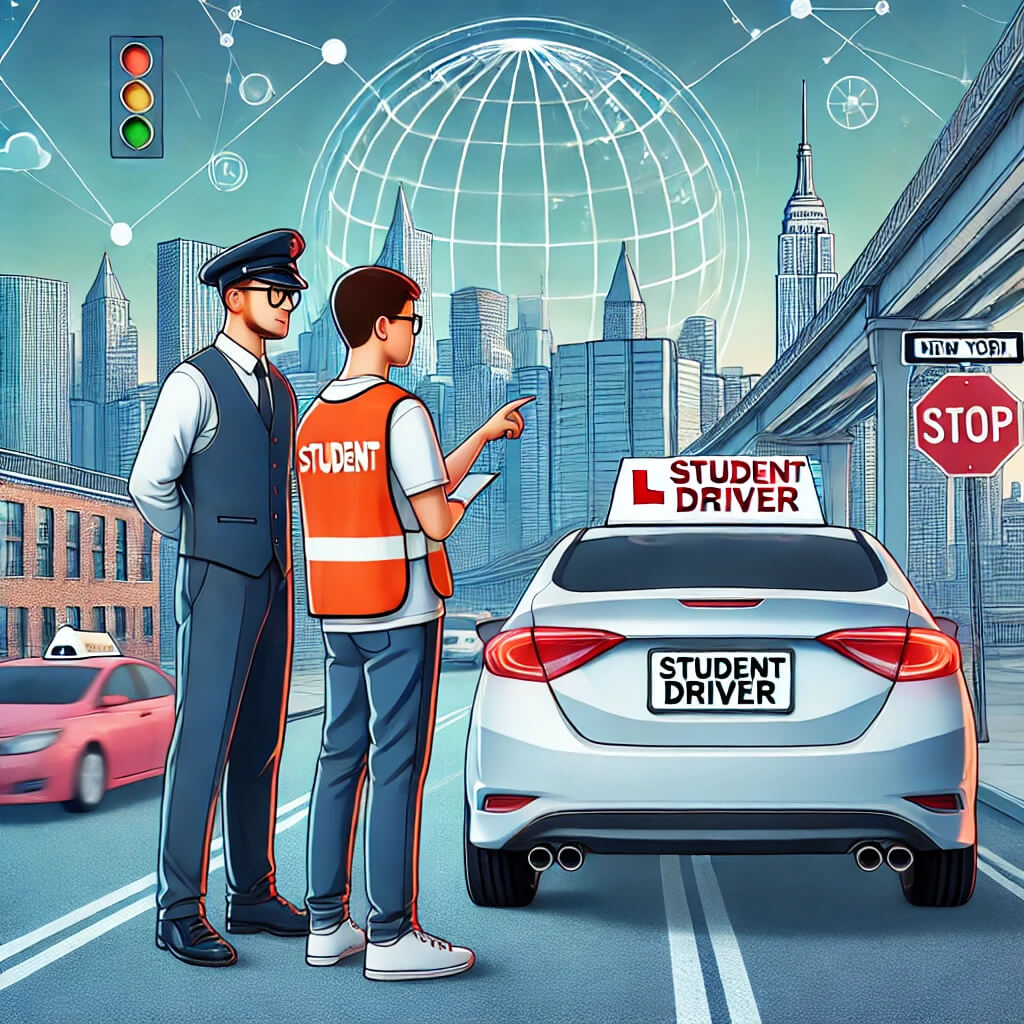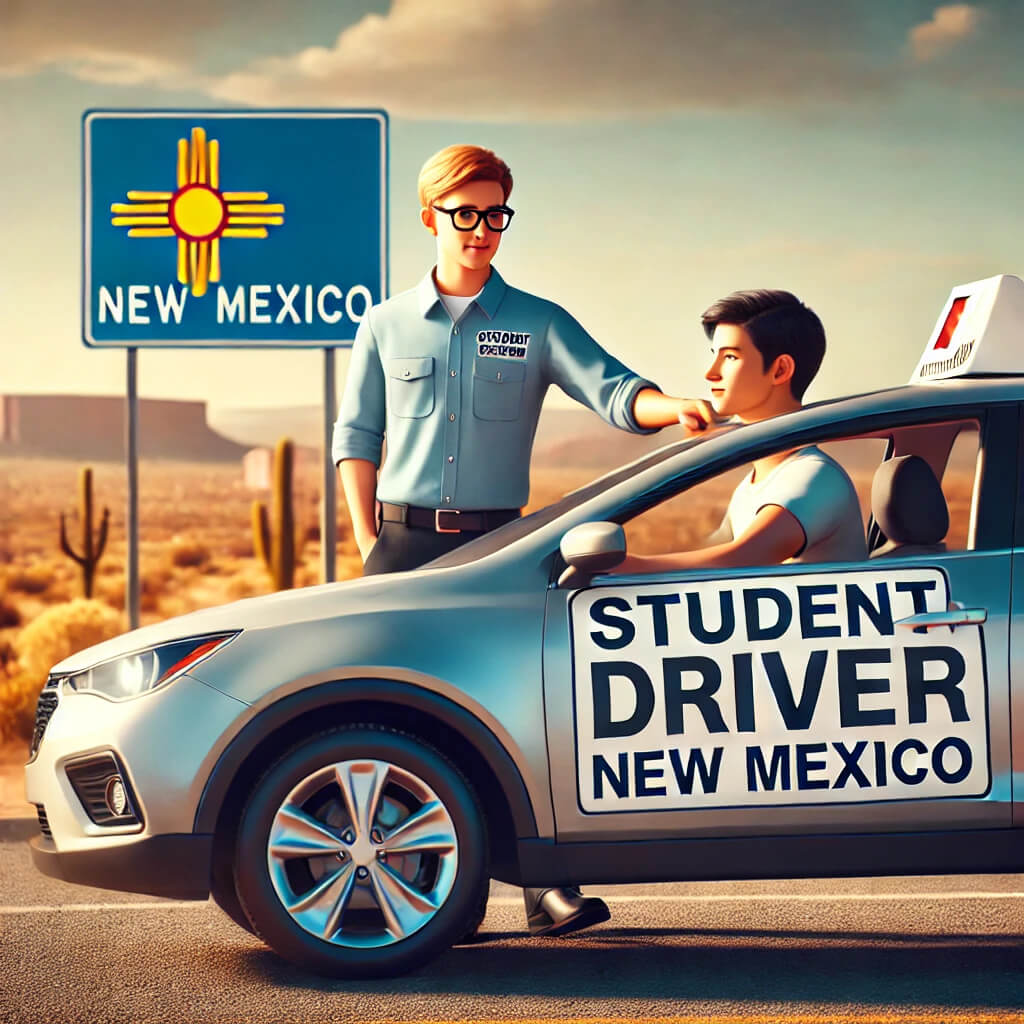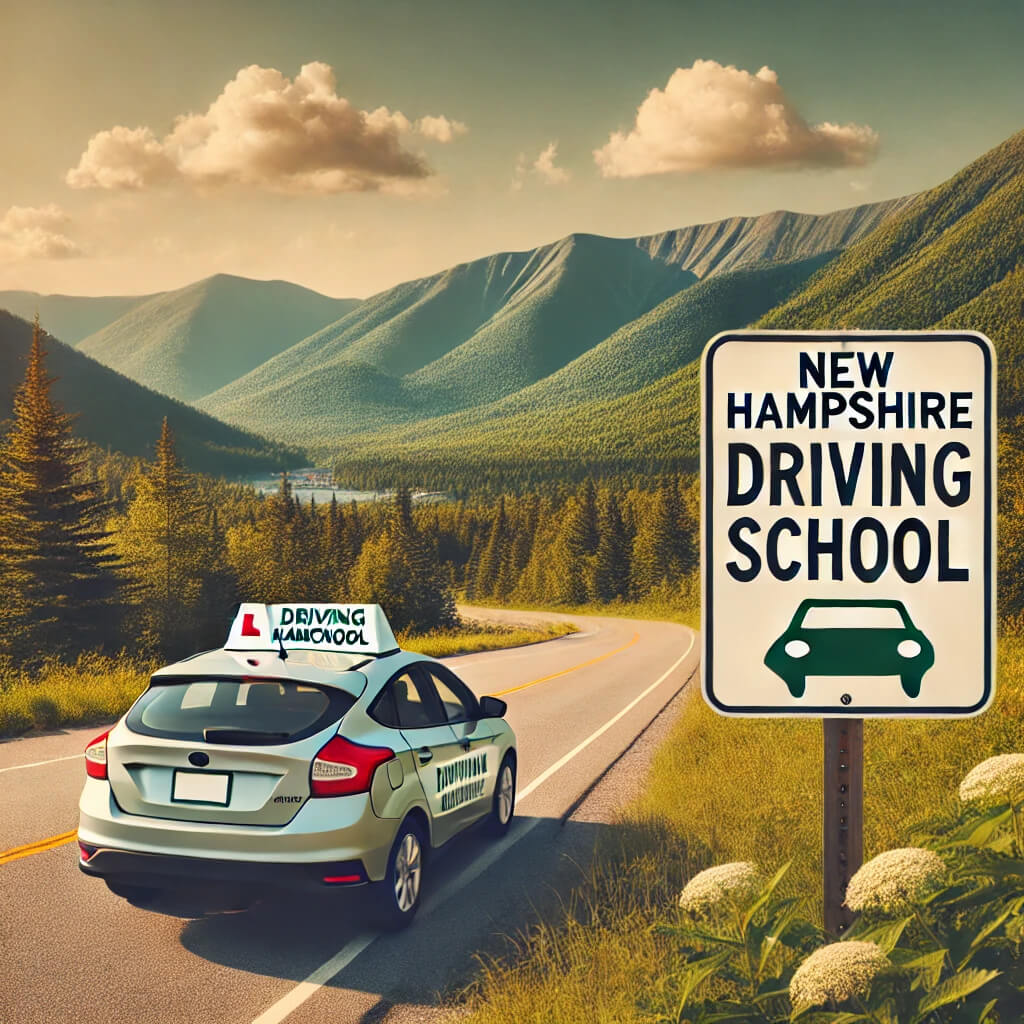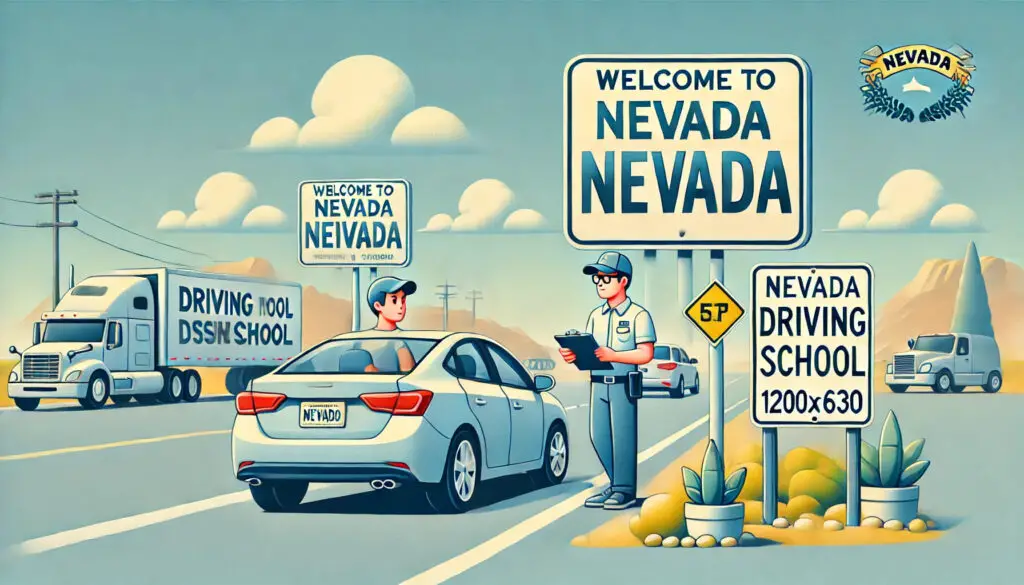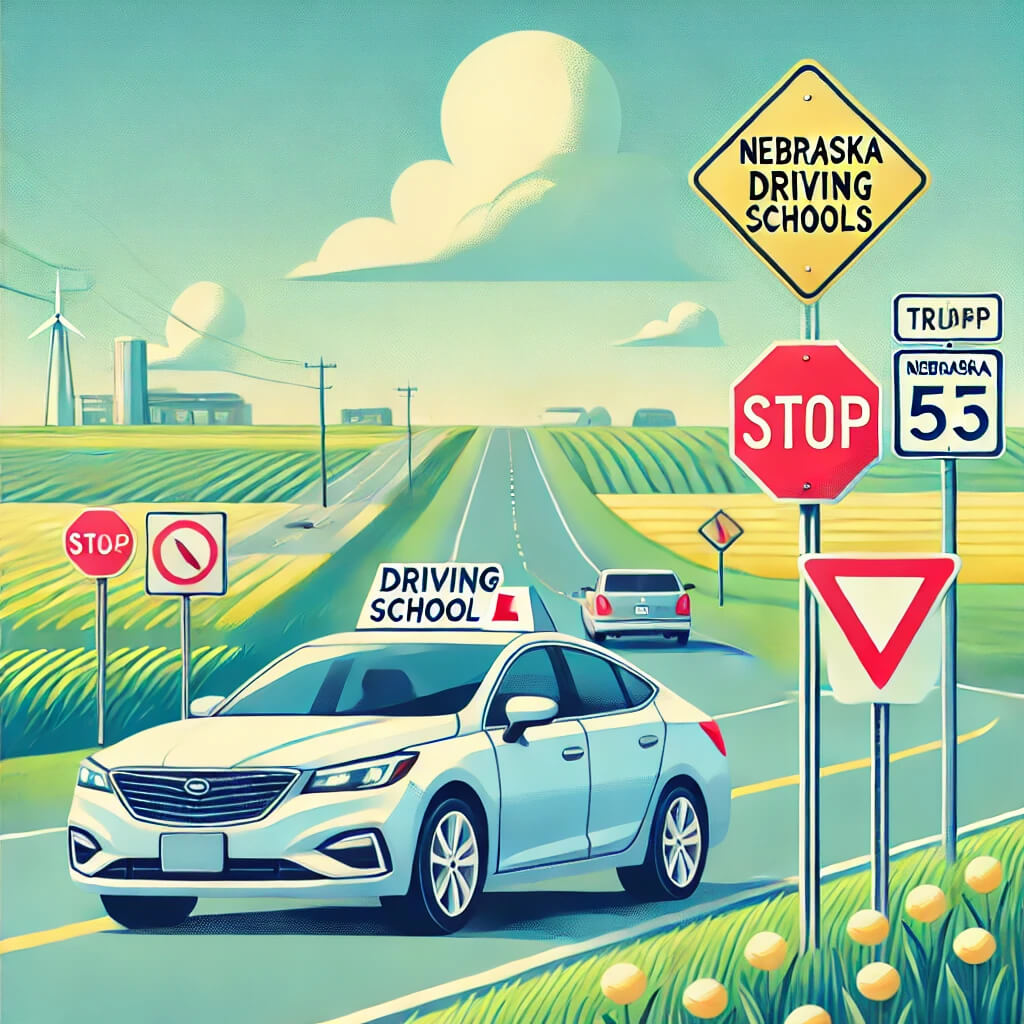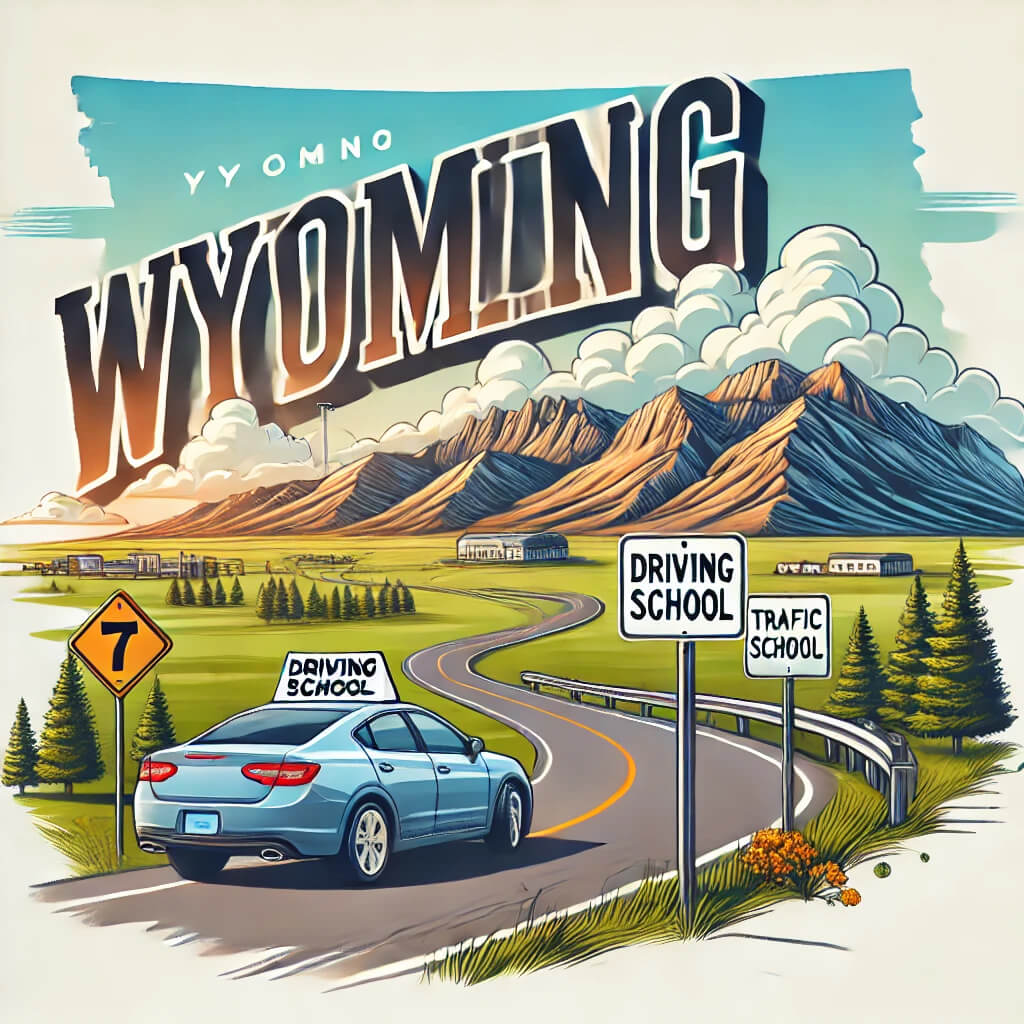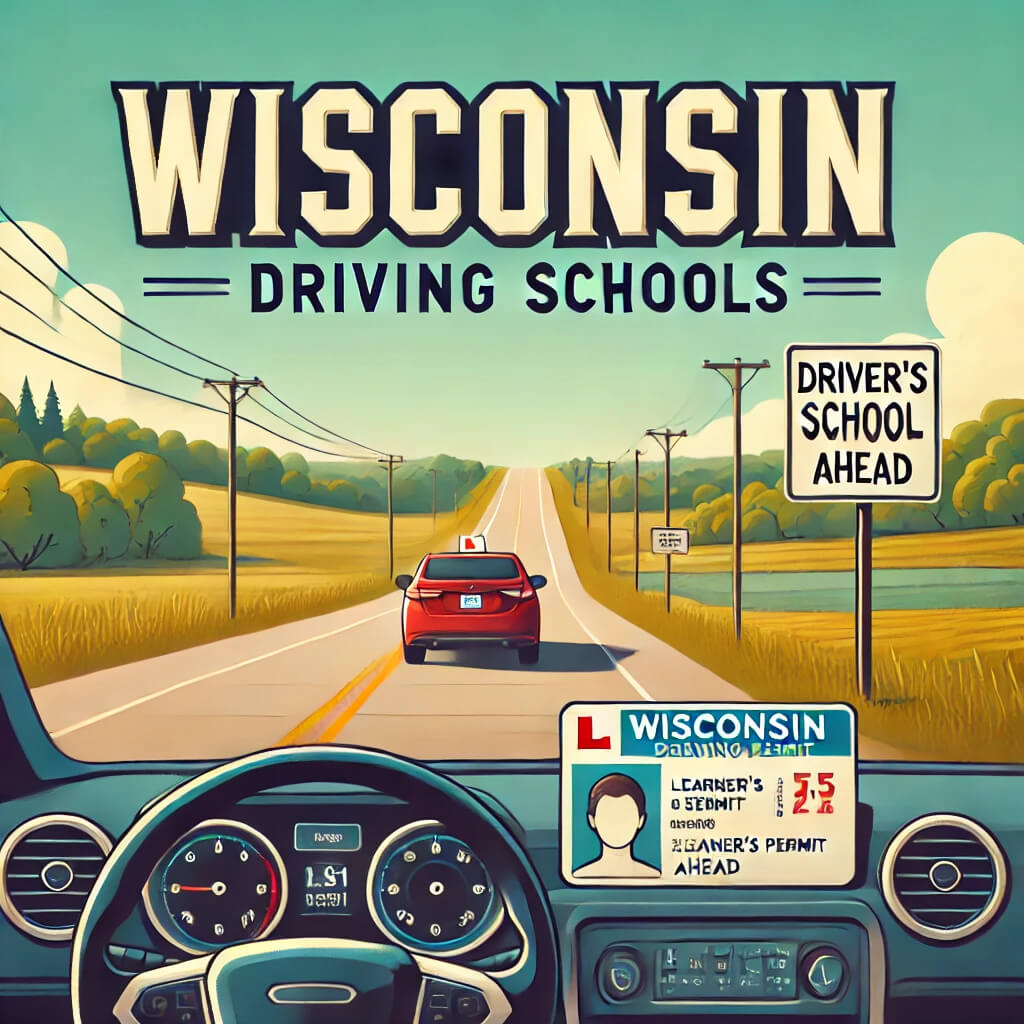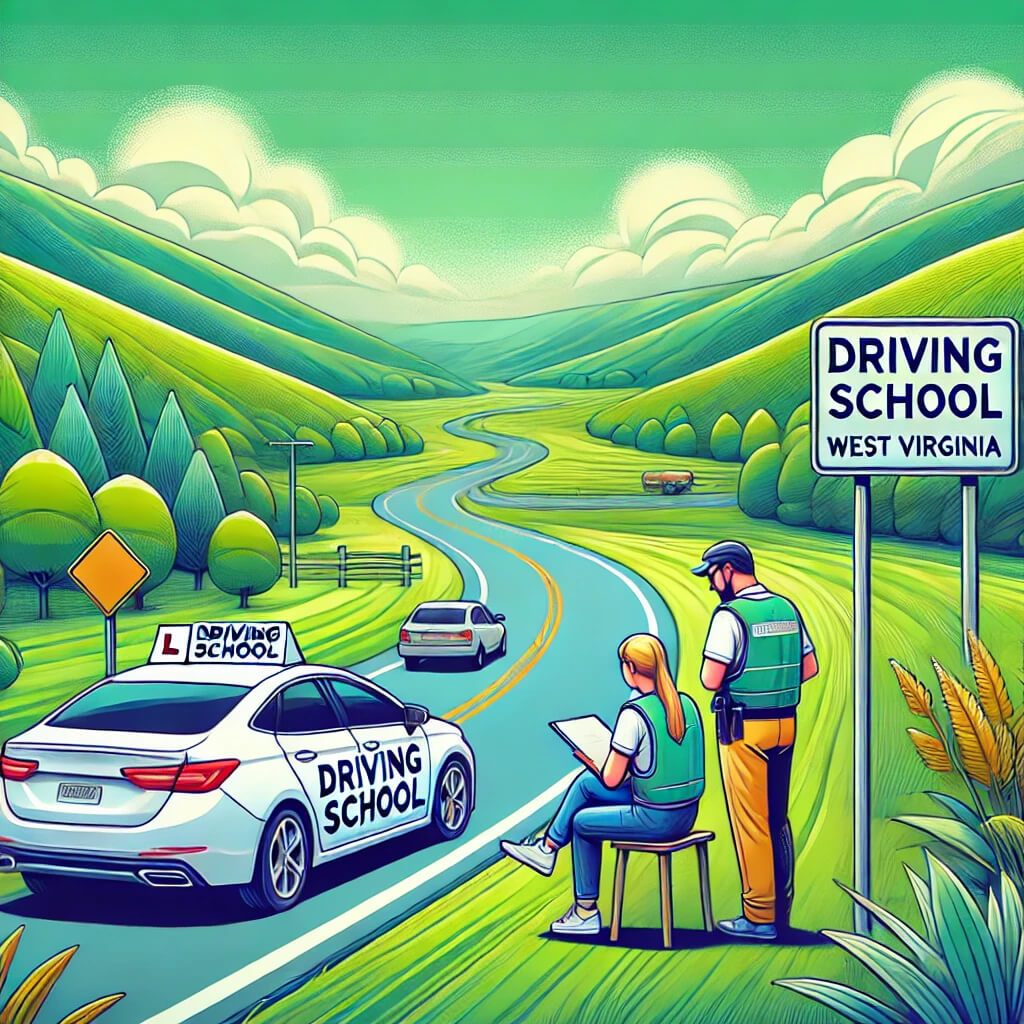1. Introduction
Driving is an essential life skill that provides independence and convenience, whether for commuting, running errands, or traveling. In New Jersey, learning to drive requires proper training, a solid understanding of road laws, and practical experience. This is where driving schools play a crucial role.
Whether you are a teenager preparing for your first driver’s license, an adult learning to drive for the first time, or a senior looking for a refresher course, finding the right driving school is essential. This guide will walk you through everything you need to know about driving schools in New Jersey, from choosing the right one to preparing for the driving test and beyond.
2. Understanding New Jersey’s Driving Laws
Age Requirements for Driving in New Jersey
- 16 years old: Eligible for a learner’s permit.
- 17 years old: Can obtain a probationary license after completing the required training.
- 18 years old: Eligible for a basic unrestricted driver’s license.
The Graduated Driver License (GDL) Program
New Jersey’s GDL program helps new drivers gradually build experience. It involves:
- Completing a supervised driving period with restrictions.
- Passing a written test and a road test to qualify for a probationary license.
- Observing curfew restrictions and passenger limits before receiving a full license.
Common Driving Mistakes to Avoid
- Not coming to a complete stop at stop signs.
- Failing to use turn signals.
- Speeding in school zones.
- Distracted driving (texting, eating, adjusting the radio).
3. Types of Driving Schools in New Jersey
State-Certified Driving Schools vs. Private Instructors
- State-certified schools follow strict training guidelines and offer structured programs.
- Private instructors may offer flexible lessons but may not have standardized training.
Online vs. In-Person Driving Schools
- Online courses cover theoretical lessons but lack practical training.
- In-person schools provide hands-on training with certified instructors.
Specialized Driving Schools
- Teen driving schools focus on building confidence in young drivers.
- Adult driving schools cater to first-time adult drivers.
- CDL schools train individuals for commercial driving licenses.
4. How to Choose the Right Driving School
When selecting a driving school, consider:
- State certification: Ensure the school is licensed by the New Jersey Motor Vehicle Commission (MVC).
- Reputation: Look at online reviews and ask for recommendations.
- Instructor experience: Check qualifications and student feedback.
- Pricing: Compare fees and packages to find value-for-money training.
- Lesson structure: Make sure the course covers both theoretical and practical driving.
5. The Best Driving Schools in New Jersey
Here are some highly-rated driving schools in New Jersey:
Top Driving Schools by Region
- North Jersey: Edison Driving School, Paramus Driving School
- Central Jersey: Princeton Driving School, Ideal Driving School
- South Jersey: Camden Driving School, ABC Driving School
Specialized Programs Offered
- Defensive driving courses
- Highway driving training
- Driving test preparation packages
6. Driving Lessons: What to Expect
Classroom Lessons vs. Practical Training
- Classroom instruction covers traffic laws, road signs, and safety rules.
- Practical training includes hands-on experience in real driving conditions.
Simulators and Virtual Training
Some schools use driving simulators to help students practice emergency scenarios before hitting the road.
7. Behind-the-Wheel Training
Basic Maneuvers
- Starting and stopping
- Steering control
- Changing lanes
Advanced Driving Skills
- Parallel parking
- Merging onto highways
- Navigating roundabouts
8. Preparing for the New Jersey Driving Test
Steps to Take Before the Road Test
- Complete 6 hours of behind-the-wheel training (if under 17).
- Practice with a licensed adult.
- Schedule your test at a New Jersey MVC location.
Common Reasons for Failing the Test
- Rolling stops
- Not checking blind spots
- Poor parking skills
9. Online vs. In-Person Driving Classes
Online courses provide flexibility but lack practical training. In-person schools offer hands-on driving practice with an instructor.
10. Special Programs and Additional Training
- Defensive Driving Courses: Reduce insurance costs and points on a driving record.
- Senior Driving Refresher Courses: Help elderly drivers adapt to modern road rules.
- DUI Awareness Programs: Educate drivers on the dangers of impaired driving.
11. Costs and Payment Plans for Driving Schools
Typical Costs
- Basic driving packages: $300 – $600
- Advanced training: $800 – $1,200
Discounts and Financial Aid
- Some schools offer student discounts and installment payment plans.
12. Parental Involvement in Teen Driver Education
Parents should:
- Encourage safe driving habits.
- Supervise practice driving sessions.
- Help their teens understand road safety laws.
13. Defensive Driving and Safe Driving Habits
Essential Safety Tips
- Maintain a safe following distance.
- Avoid distracted driving.
- Know how to react in emergencies.
14. Driving School Certification and Accreditation
Make sure the school is approved by the NJ MVC and has experienced instructors.
15. Driving Schools for Senior Citizens
Many schools offer refresher courses to help seniors stay confident on the road.
16. Commercial and CDL Driving Schools in New Jersey
Steps to Get a CDL License
- Pass a written knowledge test.
- Complete behind-the-wheel training.
- Take the road skills test.
17. Tips for Practicing Outside of Driving School
- Practice in low-traffic areas before moving to highways.
- Drive in different weather conditions to build experience.
18. Common Challenges for New Drivers
- Nervousness behind the wheel
- Dealing with aggressive drivers
- Driving at night
19. What Happens After You Pass the Driving Test?
- Receive your official license.
- Get car insurance.
- Continue practicing safe driving habits.
20. Frequently Asked Questions (FAQs)
How long does it take to complete driving school?
Most courses last 2-6 weeks, depending on lesson frequency.
Can I take my road test in my own car?
Yes, as long as it has valid registration and insurance.
What if I fail my driving test?
You can retake the test after two weeks.
Are there driving schools for nervous drivers?
Yes, many schools offer confidence-building courses.
Conclusion
Choosing the right driving school in New Jersey is crucial for becoming a skilled and responsible driver. By researching accredited schools, preparing thoroughly, and practicing safe driving habits, you can confidently navigate the road ahead. 🚗💨

